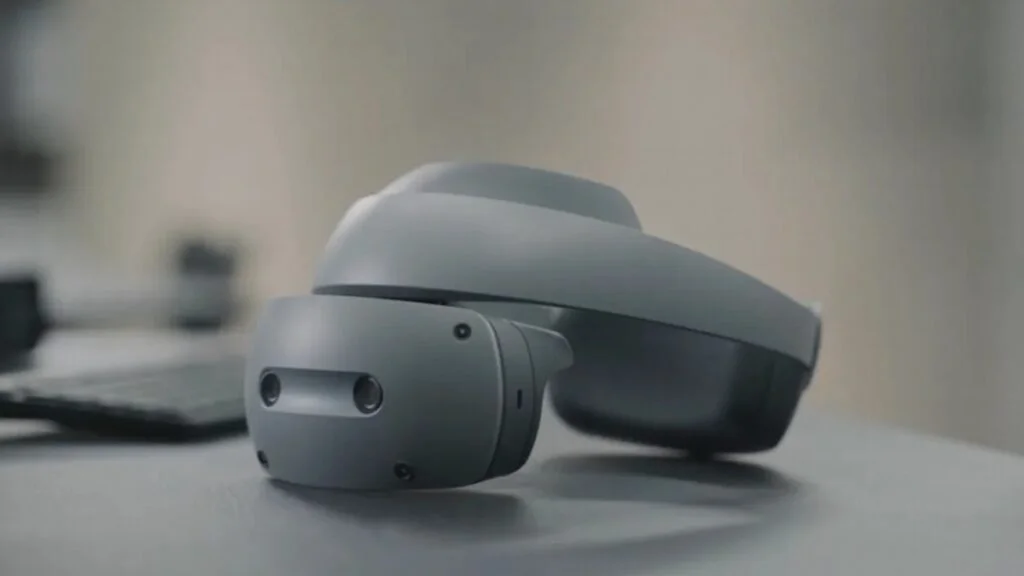The new metaverse-focused headset from Siemens and Sony is anticipated to launch later in 2024 and is intended for digital producers.

With an emphasis on industrial applications, Siemens, a multinational technological company based in Germany, has partnered with Sony to go into the metaverse.
In 2024, the partnership plans to release a brand-new mixed-reality headgear intended more for professional designers and engineers than gamers. Siemens CEO Roland Busch stated in a CNBC interview that the new mixed reality headgear with artificial intelligence is intended to increase manufacturing and creative professionals’ efficiency.
Siemens’ software, including cut and 3D software, complements the gadget, although it is intended more for professional designers than gamers.
“So, it’s [headset] really geared for the professional consumers, which are creators, engineers, mechanical engineers. And this hats in combination with a software, which we are offering: there are cut software, 3D software that makes big difference and can boost really productivity in the design and creativity in design, very much so. So it’s different from that what you see as a headset for gaming, for example.”
Siemens is using NVIDIA’s capabilities as part of the partnership to produce “photorealistic images,” Amazon Web Services is also involved in the endeavor.
Presented at CES in Las Vegas, the headset uses Sony’s micro OLED displays with 4K resolution per eye and is powered by Qualcomm’s Snapdragon XR2+ Gen 2 CPU.
It also allows users to interact with digital items in real time using additional attachments like stylus/pointer controls and rings. Sony has long been a significant player in the metaverse market, but Siemens is now entering the headgear market with this latest invention.
Along with developing a virtual reality device for the PlayStation 5 called the PlayStation VR 2, Sony also collaborated with Google and Qualcomm to investigate mixed reality.
The partnership with Siemens demonstrates Sony’s search for novel technological insights and is consistent with the growing interest of significant industry participants such as Apple in the metaverse domain.

